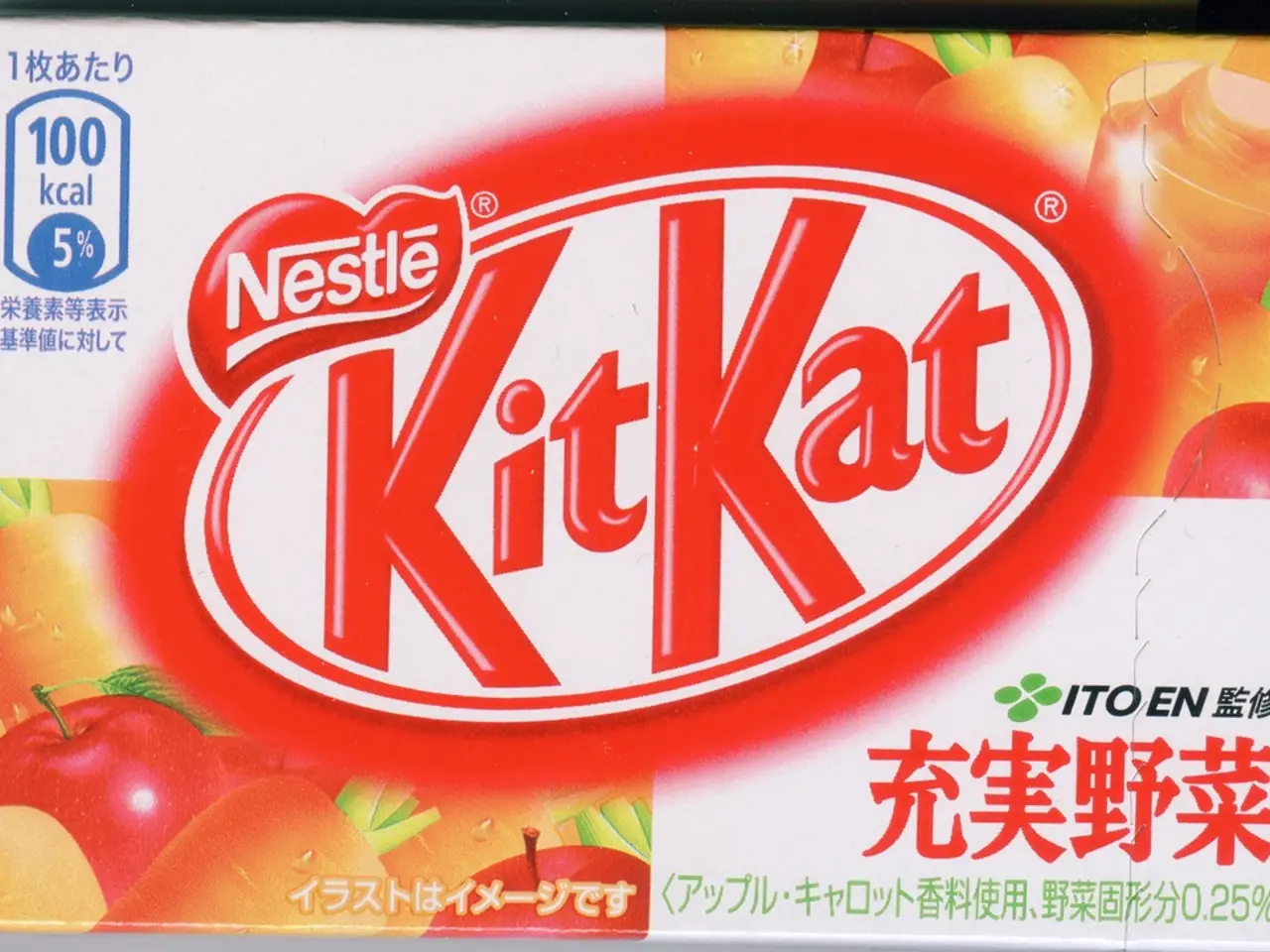Stress Lands a Punch to Sleep Quality and Memory
Disrupted Sleep and Memory Linked to Stress-Induced Brain Pathway
A new study by a team from the University of Pennsylvania unravels a neural pathway in male mice that gets hit by stress, resulting in sleep and memory disturbances.
Lead researcher Shinjae Chung published their findings in the Journal of Neuroscience, revealing that activation of neurons in the paraventricular nucleus (PVN) of the hypothalamus, associated with stress responses, interferes with a mouse's sleep pattern and memory abilities.
Artificially activating these PVN neurons caused the mice to sleep less and fumble in a memory task. Conversely, inhibiting these neurons when mice were stressed reduced memory issues and slightly improved sleep quality.
Chung and his team identified a brain region, the lateral hypothalamus (LH), as a key player in this neural pathway. Under stress or with artificial PVN neuron activation, this region becomes activated, hinting that it might be central to stress-related cognitive and sleep disruptions.
This PVN-LH pathway could pave the way for future research, potentially shedding light on therapies for addressing sleep and cognitive deficits associated with stress-related disorders in males.
The Paraventricular Nucleus (PVN)- Lateral Hypothalamus (LH) Neural Pathway
The neural pathway connecting the PVN to the LH isof great importance in stress-induced cognitive and sleep disruptions. This pathway chiefly operates through corticotropin-releasing hormone (CRH) neurons in the PVN, which become activated by stress and project to the LH. Activation of these neurons triggers excessive wakefulness and impairs memory consolidation, thus altering normal sleep patterns and memory processes [1][2].
Impact of Stress and Activation of the PVN-LH Pathway
- Stress Response: The PVN-LH neural pathway plays a significant role in the body's stress response, with CRH neurons triggered by stress, setting off a chain of events that disrupt both sleep and cognitive functions [1][2].
- Memory Impairment: The activation of CRH neurons in the PVN damages memory performance, particularly when it comes to tasks involving spatial object recognition. This impairment is linked to the disruption of normal neural systems responsible for consolidating memory [1].
- Sleep Disruptions: Stress-induced activation of the PVN-LH pathway also leads to increased wakefulness and sleep loss, thereby disrupting normal sleep patterns [1][4].
Therapeutic Possibilities
Blocking the PVN-LH pathway might serve as a plausible therapeutic approach for stress-related disorders. Preliminary results indicate that inhibiting CRH neurons in the PVN during stress can improve memory performance and enhance sleep quality in male mice [1][4]. Researchers propose that targeting these CRH neurons (or their projections to the LH) could mitigate the cognitive and sleep disruptions caused by stress. However, keep in mind that more studies are necessary to adapt these findings into effective human therapies, as the stress circuitry varies between sexes and species [2][4].
Looking Ahead
Future research should focus on:- Sex Differences: Analyze if the same results hold true for female mice, as the stress circuitry may differ due to sex.- Therapeutic Interventions: Explore targeted therapies that can safely modulate CRH signals in the PVN to improve sleep and cognitive functions in humans.- Cross-Species Translation: Examine whether the mouse model findings can be effectively translated to humans, taking into account the complexity of human brain circuitry.
- The neural pathway connecting the Paraventricular Nucleus (PVN) and the Lateral Hypothalamus (LH) is essential in stress-induced cognitive and sleep disruptions, primarily operating through corticotropin-releasing hormone (CRH) neurons in the PVN.
- Activation of these CRH neurons, triggered by stress, impairs memory performance, particularly tasks involving spatial object recognition, due to disruption of normal neural systems responsible for consolidating memory.
- Stress-induced activation of the PVN-LH pathway also leads to increased wakefulness and sleep loss, resulting in disrupted normal sleep patterns.
- Blocking the PVN-LH pathway could potentially serve as a therapeutic approach for stress-related disorders, as inhibiting CRH neurons in the PVN during stress can improve memory performance and enhance sleep quality in male mice.
- Future research should focus on analyzing if the same results hold true for female mice, exploring targeted therapies that can safely modulate CRH signals in the PVN to improve sleep and cognitive functions in humans, and examining whether the mouse model findings can be effectively translated to humans, considering the complexity of human brain circuitry.






